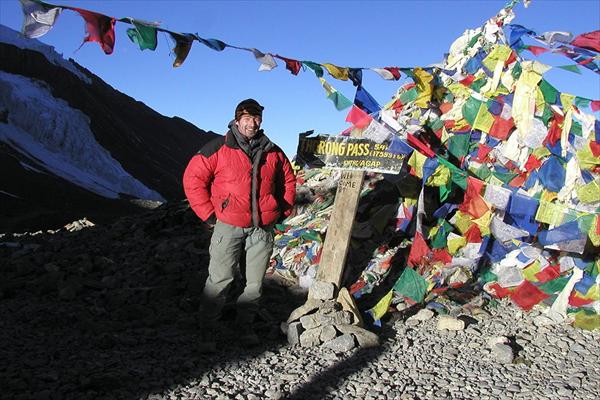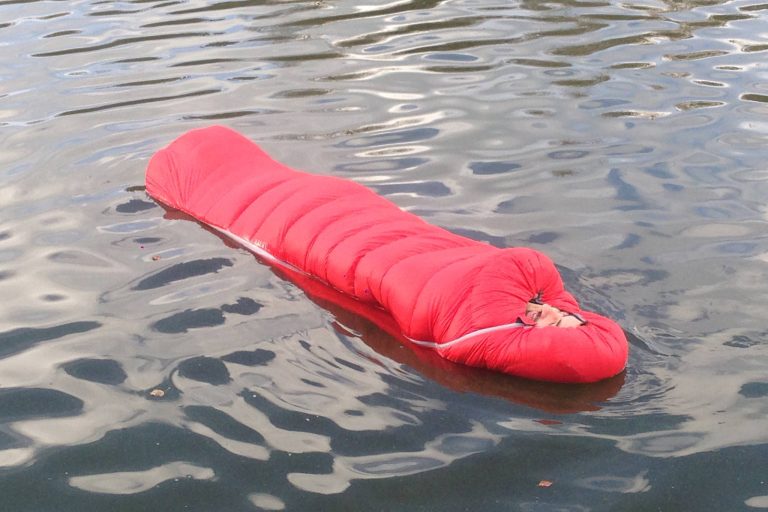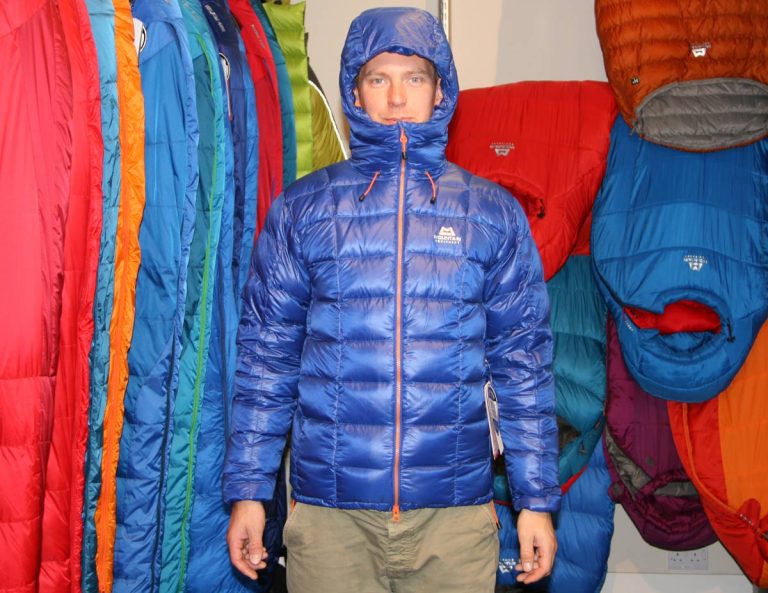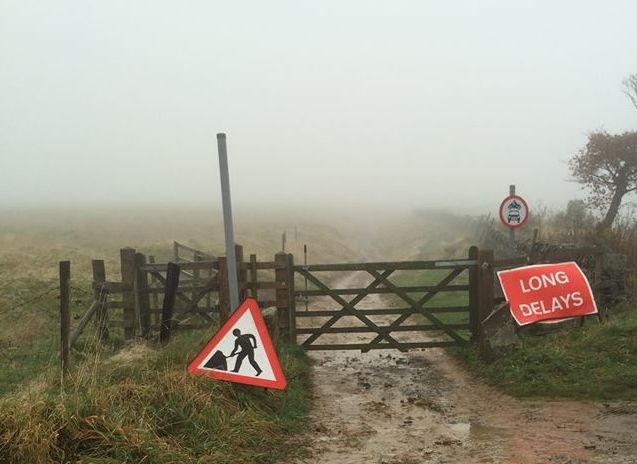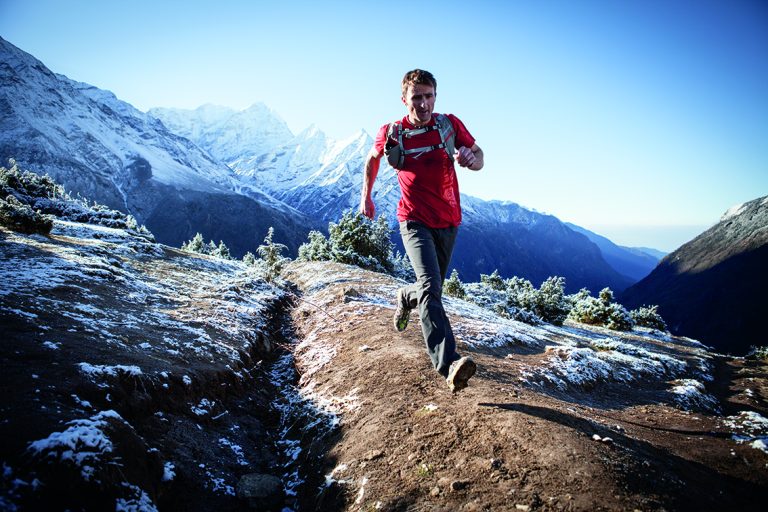Annapurna Trekkers Die In Nepal Blizzards
Blizzards thought to be due to the tail end of Cyclone Hudhud are reportedly responsible for the deaths of at least a dozen trekkers, some of them in the Thorung La area of the popular Annapurna Circuit with Polish, Israeli and Nepali citizens reported to be amongst the dead.
Reports Unsure
Reports seem understandably unsure at present thanks to communications disrupted by the snow, but at least some of the trekkers appear to have been descending from the Thorung La Pass, the highest point on the multi-day Annapurna Circuit, according to a BBC news report while others, including three Nepalese farmers may have been avalanched.
The Guardian says that five climbers ‘were hit by a separate avalanche on Mount Dhaulagiri and remain missing’ while a further avalanche buried ‘one Indian and four Canadian trekkers in Phu’ in the Manang district.
Both sources and others say that many other trekkers are missing, probably stranded by the heavy snow and it’s likely that there have been other fatalities.
Number of Missing May Rise
NepalNews.com lists 18 people as being buried but unrecovered in Manang and says that the authorities fear that the timing of the snowfall during the prime autumn trekking season may mean that the number of missing people is set to increase.
Generally the main hazard for trekkers visiting Nepal during the post-monsoon autumn trekking season is from altitude sickness or minor illnesses, but as has been seen in the past, unexpected heavy snowfall can cause serious problems with both trekkers and local porters and guides not always equipped or with the necessary skills to cope with the conditions.
It’s generally accepted that the gorge section of the Annapurna Sanctuary trek – not to be confused with the Annapurna Circuit – is the only major trekking route threatened by avalanche and there is a sobering memorial to avalanche victims on that route, however in extreme conditions with large volumes of snow, it’s quite possible for localised avalanches to be triggered elsewhere in the mountains.
Trekkers And Climbers
The nationals also tend to become confused over the distinction between ‘trekkers’ – generally hikers with no technical equipment and skills following an obvious non-technical trail – and ‘climbers’ like those sadly missing on Dhaulagiri, who are far more exposed to danger. The Guardian story above, for example, is headed by what looks like an image of fully-equippend mountaineers on a glacier captioned: ‘The Annapurna region of the Himalayas is popular with tourists.’
It’s obviously very sad news on both counts, but trekking in Nepal is generally a very safe activity and not to be confused with Himalayan mountaineering, which clearly is not.

